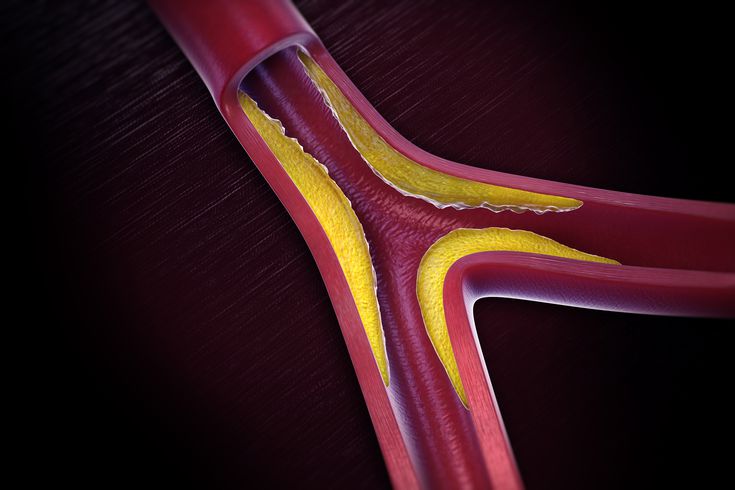Social gatherings, guy’s night out, or just a cozy evening in the comfort of your own home, everyone likes a nice piece of grilled steak now and again. But, how much is too much? Can eating too much red meat in fact be bad for you?

Figure 1: Red meat, a source of dietary L-carnitine. Source
New research suggests that eating too much red meat does in fact cause heart complications. In a study published in the journal Nature by Koeth et al. (2013), complications arise in the heart when too much red meat is digested, due to the buildup of the chemical trimethylamine-N-oxide (TMAO).
This occurs due to the ingestion of L-carnitine, a compound readily available in red meat. “L-Carnitine is metabolized in the stomach and produces the chemical TMAO” (Hartiala et al., 2014). In this study, conducted on both mice and humans, it was discovered that regular intake of L-carnitine led to an elevated risk of developing atherosclerosis (build up of plaque in your arteries).

Figure 2: Atherosclerosis, the build up of plaque in your arteries. Source
What precautions can we take to mitigate this? Can we just not eat red meat anymore? This study done by Koeth et al. (2013) goes on to say that vegans, or people with lower intake of dietary L-carnitine produce less TMAO in their body than fellow meat-eaters. In fact, people who had been vegans for an extended period of time produced almost no TMAO at all!
Moreover, it has been documented that ingestion of energy drinks also includes L-carnitine (Mangi et al., 2017), which again, when present in the stomach can be metabolized into TMAO, increasing your risk for atherosclerosis.
https://www.youtube.com/watch?v=tBK6A5uvnDs
Dr.Stanley Hazen, preventative cardiologist, explains the risk of L-Carnitine. Source
What does this mean all mean? Ultimately, there are varied sources from which our body can intake dietary L-carnitine; red meat and commercialized energy drinks being two of the most common options. The key here is to minimize your intake of L-carnitine on all levels to prevent formation of TMAO and subsequent risk of atherosclerosis. As this is a topic still in hot contention, one can never be too careful. Perhaps now is the time to switch to that Vegetarian diet you’ve been thinking about all winter!
-Cody Zhang
References
- Hartiala, J., Bennett, B., Tang, W., Wang, Z., Stewart, A., Roberts, R., McPherson, R., Lusis, A., Hazen, S. and Allayee, H. (2014). Comparative Genome-Wide Association Studies in Mice and Humans for Trimethylamine N-Oxide, a Proatherogenic Metabolite of Choline and L-Carnitine. Arteriosclerosis, Thrombosis, and Vascular Biology, 34(6), pp.1307-1313.
- Koeth, R., Wang, Z., Levison, B., Buffa, J., Org, E., Sheehy, B., Britt, E., Fu, X., Wu, Y., Li, L., Smith, J., DiDonato, J., Chen, J., Li, H., Wu, G., Lewis, J., Warrier, M., Brown, J., Krauss, R., Tang, W., Bushman, F., Lusis, A. and Hazen, S. (2013). Intestinal microbiota metabolism of l-carnitine, a nutrient in red meat, promotes atherosclerosis. Nature Medicine, 19(5), pp.576-585.
- Mangi, M., Rehman, H., Rafique, M. and Illovsky, M. (2017). Energy Drinks and the Risk of Cardiovascular Disease: A Review of Current Literature. Cureus.
- Velasquez, M., Ramezani, A., Manal, A. and Raj, D. (2016). Trimethylamine N-Oxide: The Good, the Bad and the Unknown. Toxins, 8(11), p.326.
